The customer obsession driving supply chain innovation at KPS Global®





Jeff Monroe, Director of Supply Chain at KPS Global®, a leader in the walk-in cooler and freezer industry, offers insights into the company’s recent transformation and growth.
ased in Fort Worth, Texas, KPS Global® (KPSG) is an industryleading manufacturer of insulated panel systems, walk-in coolers and freezers. Beyond its highly adaptable product range, the company offers seamless installation and aftermarket parts for its global customers.
With five manufacturing facilities across the US and over 800

employees, KPS Global is the largest manufacturer of walkin coolers and freezers in North America. The company is exploring new markets in Latin America. But what is the secret to their success and growth?
Jeff Monroe, Director of Supply Chain at KPSG, joins us to discuss the supply chain innovation and sustainability strategy at the core
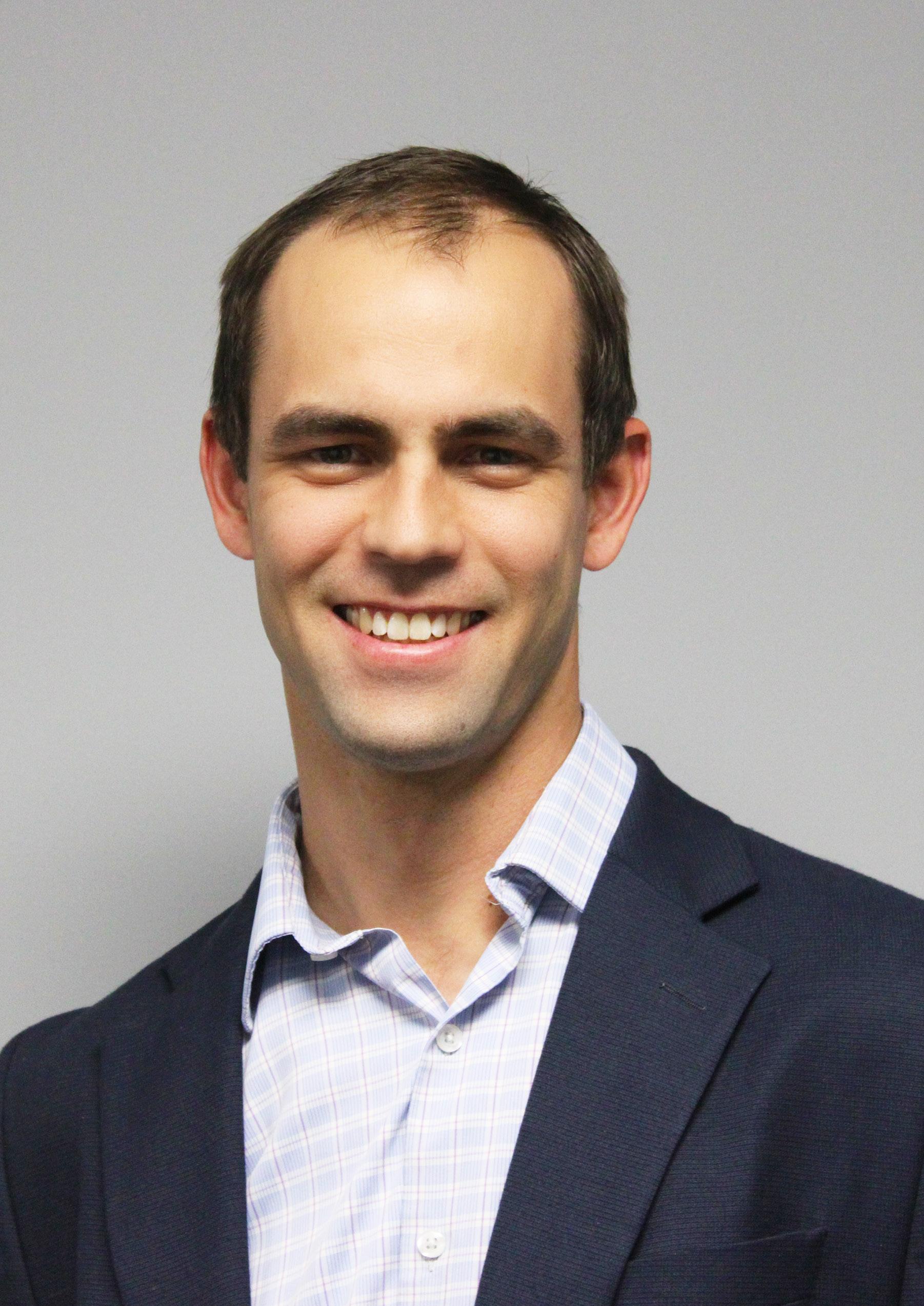
of the company’s transformation in the past few years.
To understand the recent growth at KPSG, Jeff contextualises the journey as part of the company’s rich history of combining industry expertise spanning more than 75 years. “In 1947, Charles Needham led the walkin industry revolution in the US from his home garage,” says Jeff. “Many decades and company iterations later, the most recent manifestation of KPSG as we know it today launched in 2015 through the acquisition of Kysor Panel Systems from Manitowoc Company, Inc. and the Hill Phoenix Walk-ins Division from Dover Corporation.”
“We are the largest manufacturer of walk-in coolers and freezers in North America, serving domestic and global customers alike,” says Jeff. “Our customer obsession is what sets us apart and we channel this focus ‘from cradle to grave,’ as we say. We have our own design team, in-house engineers, installation team, and parts and service experts – we do it all and we always find a way to say ‘yes’. Our capability to scale across the entire lifecycle of an order enables us to do things others can't – something we pride ourselves on as a company.”
According to Jeff, KPSG has embraced supply chain innovation and transformation to propel the company forward in recent years.
“Some businesses haven't quite grasped the potential of the supply chain and added value it brings to
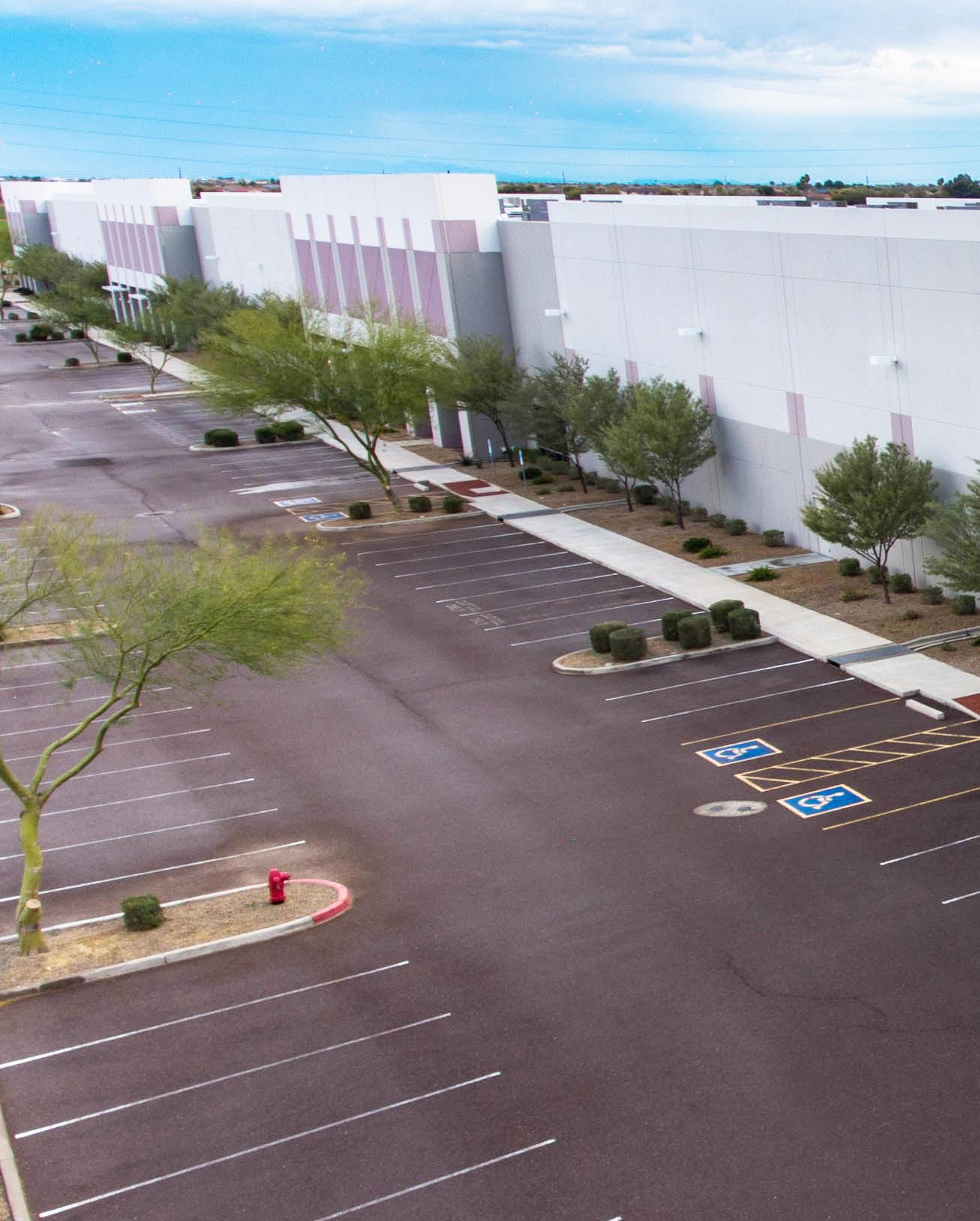
a business,” explains Jeff. “But at KPSG we've taken numerous steps to transform our supply chain for maximum benefit to the business and our customers and it's been quite a journey.
“If you look at where we were five years ago, we were using old operating systems and information transparency just wasn't there. So we embarked on a complete enterprise resource planning (ERP) transition. It was a total makeover, and it wasn't easy. But that decision has enabled us to do things that we weren't able to do before. It's given us a lot of data, and we are now interpreting it in a way that makes sense to us as a business.
“But where that then falls into the supply chain, it's another flow of information. The new system has
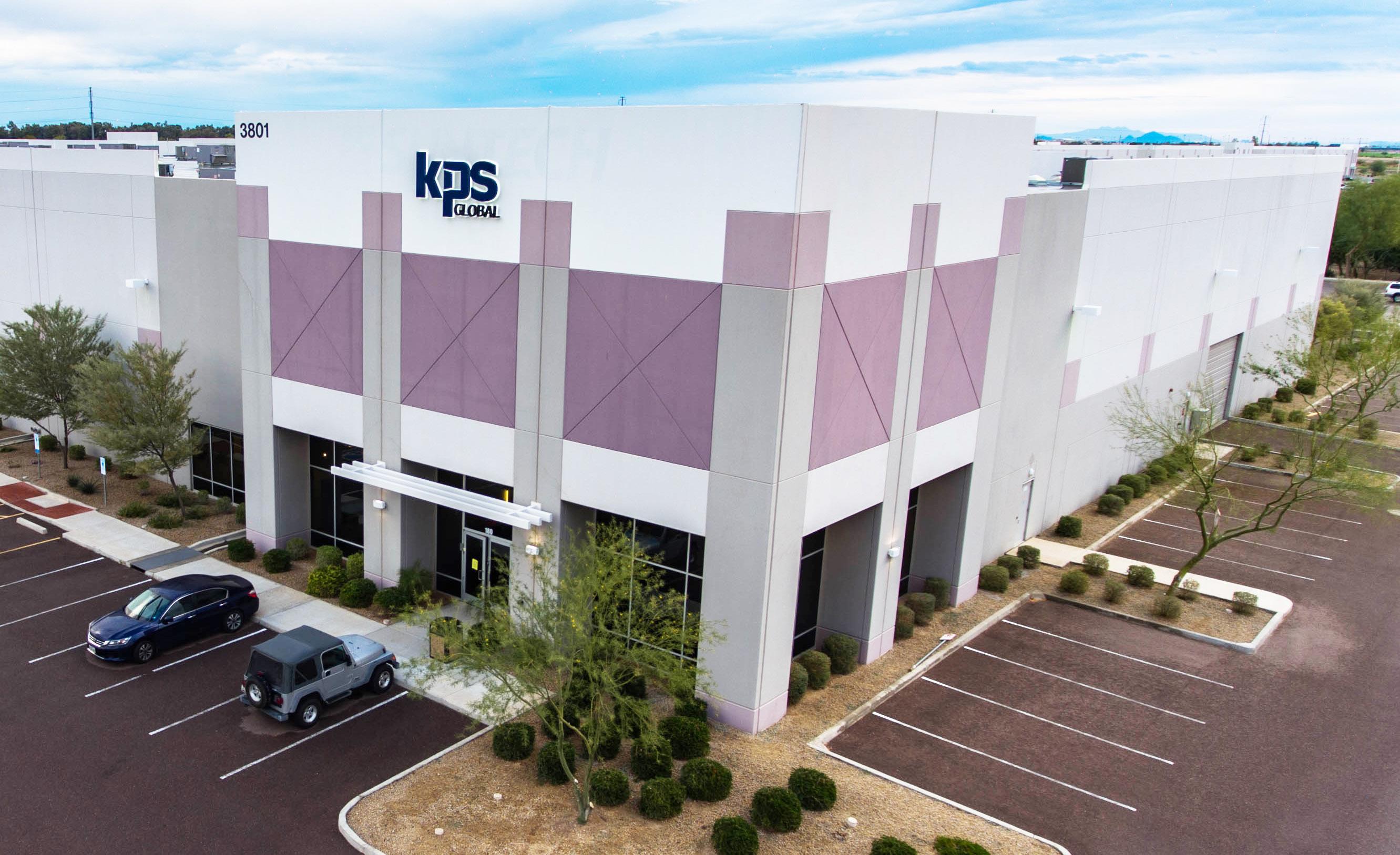
enabled us to provide a timely flow of information throughout the business and we now have more robust reporting capabilities. For instance, I can report on supplier performance or my own team’s performance. We weren't able to do that before and it sounds simple, but by embarking on that transformation we've been able to mature into sales, inventory and operations planning (SIOP).
“Unfortunately, our system doesn't have a material requirements planning system (MRP), but we've been able to work with RSM one of our valued vendor partners to help develop a tool that we've been using to catch demand.
“These are some of the tools that KPSG has developed to enable the supply chain function to flourish. But we are still open to fresh innovations and
we're looking into new technologies like AI. We've spent a fair amount of time exploring AI and it’s still in its infancy, but we see several opportunities there, for instance with the flow of information from our freight carriers to the rest of the business.”
Elaborating on the role of AI within the supply chain at KPSG, Jeff explains that the company is still on its transformative journey of trying out new tools, analysing the outcomes to see what works and iterating from these insights.
“When it comes to AI, we've looked at several avenues for exploration,” says Jeff. “Firstly, we are looking at how to improve forecasting. As it stands, I believe there's a lot of human emotion involved in forecasting models, regardless of
“We already had an excellent relationship with RSM as a business in general, but it was a welcome bonus that they happen to offer supply chain consulting and they have experience with SIOP systems”
how much we try to remove it. AI is valuable because it can separate forecasting from human emotion –but you have to train it properly.
“Secondly, we are exploring how we can channel AI to nurture the concept of ‘trust but verify’ with our vendor transactions. With the
sheer volume of transactions we handle with our vendors, it can be difficult to verify factors like pricing or lead time accuracy. We are assessing the potential of AI as an accountability tool to help us with this endeavour, alleviating us of mundane and time-consuming analytical work.”
Change is inevitable. As digital champions, we bring human insights powered by technology enabling you to take charge of change. Leverage the knowledge of 57,000 powerful minds in 120 countries who look beyond the ordinary to deliver extraordinary results. rsmus.com


In KPSG’s recent journey of supply chain innovation and transformation, Jeff highlights two major projects showcasing the company’s significant progress which stand out for him.
“First I’d like to celebrate our SIOP project effort that we put together with our partners at RSM,” says Jeff. “We already had an excellent relationship with RSM as a business in general, but it was a welcome bonus that they happen to offer supply chain consulting and they have experience with SIOP systems.
“Before working on our SIOP project with RSM, we had our new ERP system in place, facilitating the flow of information, but we were still very much operating as individual business units. We identified there was room for improvement related to sharing information within the company. RSM came in and they sat down with us, interviewed colleagues across several business units for many hours and sought a broad understanding of how we operated. By doing so, they helped us perceive our pain points and then collaborated with us to work on our SIOP programme together.
“We've been running the SIOP programme for about a year now and it has enabled us in the supply chain team to communicate, in a formal way, with the business on what the rest of the business really needs to know. It’s also allowed us to expand our forecasting capacity from 6 weeks to 12 months. Ultimately it has allowed us to share information and talk as business units, but more importantly as partners, pulling together in the

same direction towards a common goal. This has been an incredibly rewarding project to work on.
“The second aspect of our transformation I’d like to highlight emerged from the SIOP project because it catalysed continuous improvement elsewhere in our supply chain operations – specifically in our data and analytics approach. As mentioned, our new ERP system lacks MRP functionality, but RSM helped us pivot in light of this and explore the potential of Microsoft Power BI. It was an interesting avenue to explore, but it’s automated, we all have access to it plus it saves a tremendous amount of time in terms of sharing information and gauging demand with our plants.”
Reflecting on the progress made by the supply chain department at KPSG in recent years, Jeff emphasises
that the transformation journey has unfolded in conjunction with a concerted effort to strive for sustainability at the company.
“We're trying to be good stewards wherever we are, whether that's with our people through safety and promoting a supportive work culture, or the general products that we use and how we operate,” explains Jeff. “For instance when it comes to materials, there are three major components to our panels and products: metal, lumber and polyurethane. In addition, hydrofluorocarbon (HFC) is a major commodity in our industry, used as a blowing agent. We switched from HFC to hydrofluoroolefin (HFO) as an early adopter, drastically reducing the global warming potential (GWP) of our products. Here, we’re trying to be the leaders in the industry and lead by example, to encourage other companies to do the same and embrace sustainable materials.
“Another crucial dynamic to our sustainability agenda is the use of recycled materials within our systems and products. We have incorporated recycled materials which do not impact the performance of our products, but it helps to reuse some of the components that go into our daily production.
“We are also embracing sustainability in the development of new products. One of them,

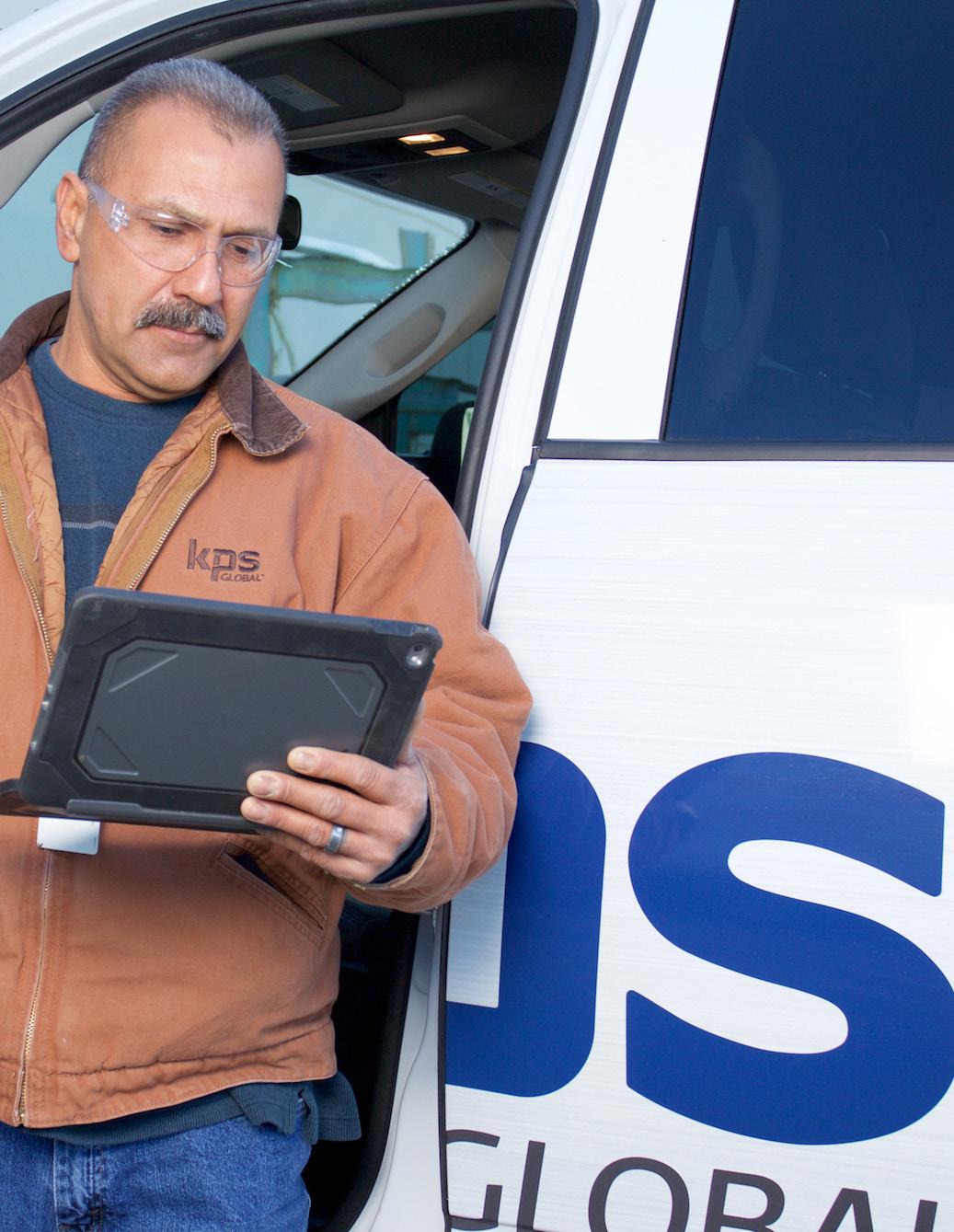
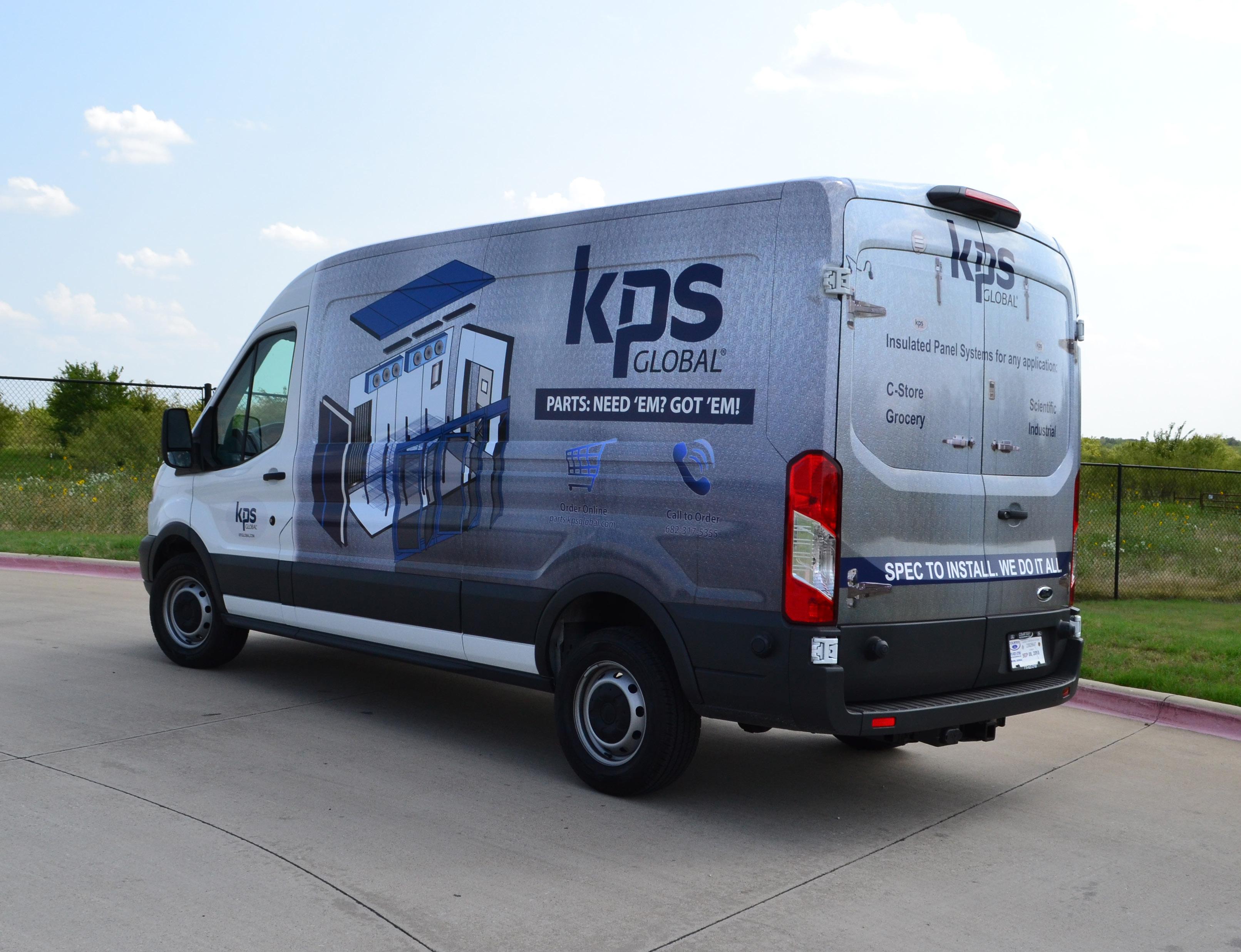
for instance, we call FUSIONFRAME®. Within our industry, new developments are somewhat rare given how established the sector is. But we are tremendously proud of FUSIONFRAME®, which came out a few years ago. Instead of using your standard two-by-four or twoby-six lumber, or what we call highdensity rail (which is high-density polyurethane) for the frame of a walk-in unit, we merge the two in FUSIONFRAME®. Here, the lumber we're using is sustainably sourced. The environmental credentials of the materials were a deciding factor in our efforts while developing this product. Sustainability is very much at the front of our minds, and we want to be leaders in helping move the industry forward to a more sustainable approach.”
But the sustainability agenda at KPSG is not limited to the company’s internal operations, it extends outwards in the approach the business takes to its partners, suppliers and customers.
“We work with two very large polyurethane suppliers and in every one of our meetings with them, we're talking about sustainability,” says Jeff. “We also have to be aware of the relevant government regulations when it comes to the R-value of our products, which is a measurement of thermal transfer and how well a material resists the transfer of heat. In a panel, we have to be able to sustain certain levels of performance but it also reflects our value of trying to help our customers reduce energy consumption. So we're always
“UFP have come to us with numerous options and opportunities, and we value how they helped us to source a little bit better and more sensibly”
looking at our panels and products through the lenses of how they're produced, considering not only the environmental impact generated by us but also our suppliers, while simultaneously taking into consideration the amount of energy that our customers have to consume.”
Another consideration for KPSG within its sustainability strategy is the packaging of its products and parts.
Here, Jeff lauds KPSG’s partnership with UFP Packaging (UFP).
“At our last Supplier Summit, when we discuss where we’re going as a business and reflect on the prior year’s performance, we present various performance awards to our suppliers,” explains Jeff. “UFP was the top performer among our raw material suppliers, an accolade they have now won two years running. We base our choice on delivery, quality,
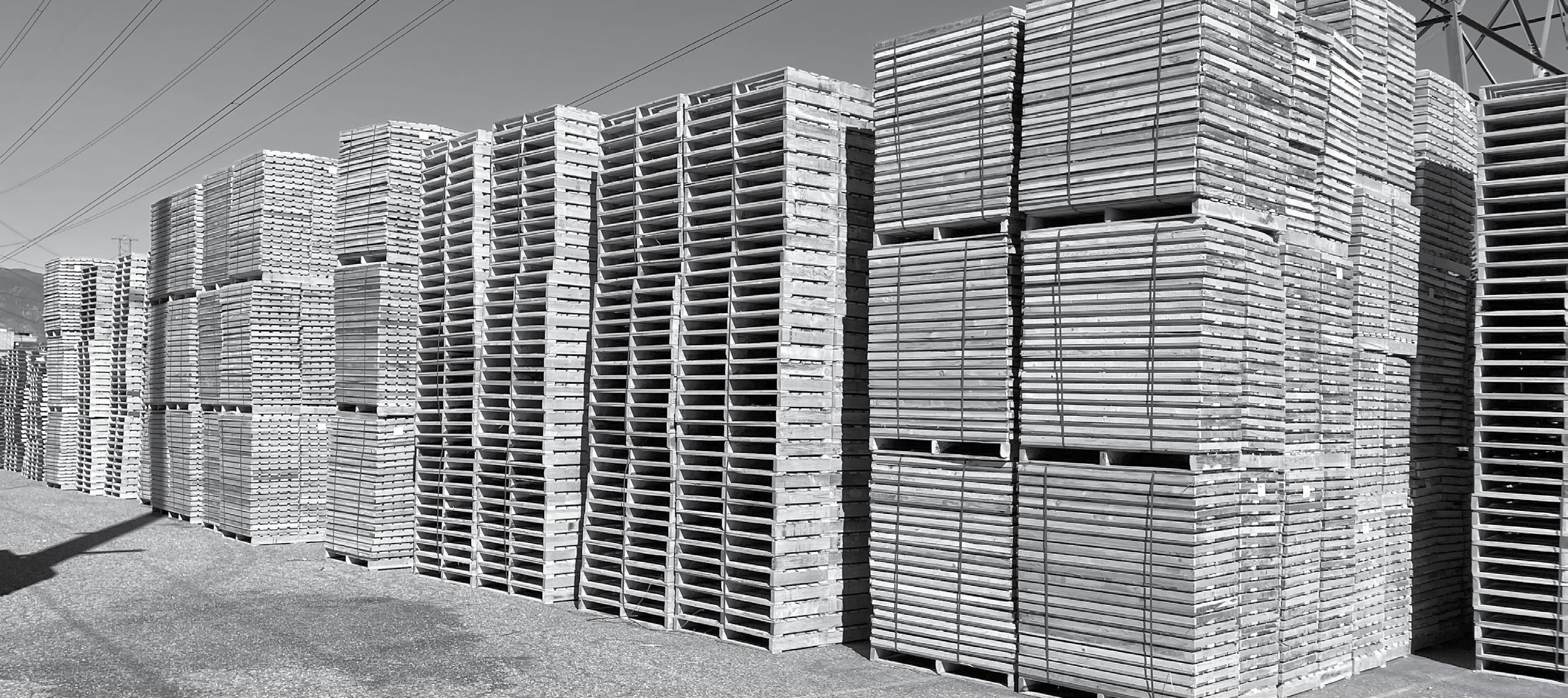
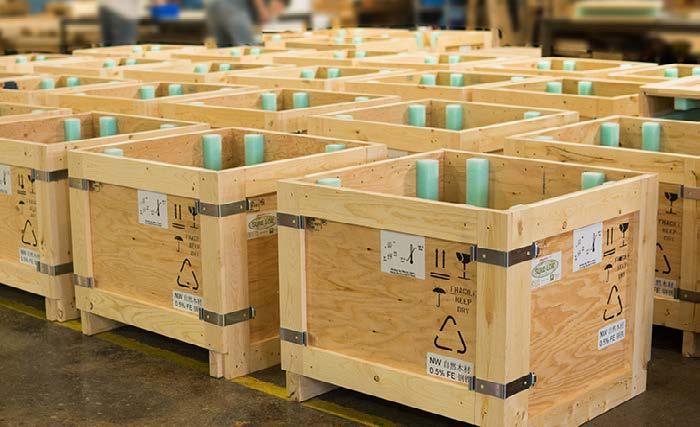
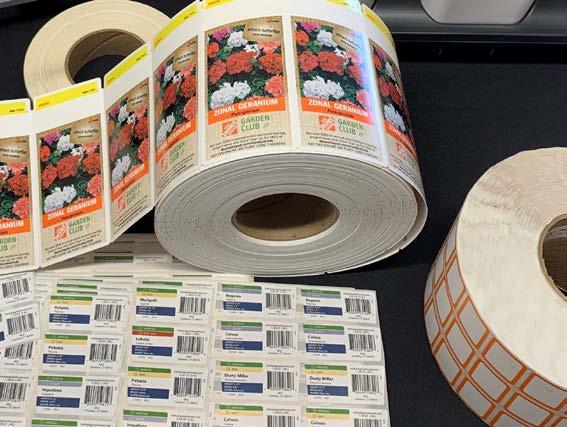
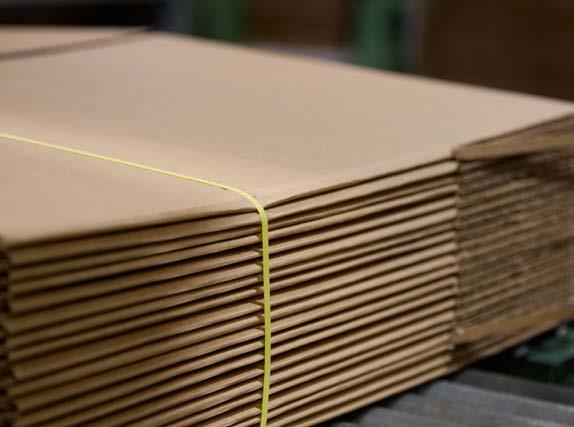
Could you benefit from a single source for lumber, crates, pallets, labels, films, corrugate and more?
Working together, you’ll have access to our nationwide network of design engineers, plants and testing labs. We’ll examine your entire packaging system, discover pain points and bottlenecks, and provide you with a total packaging solution.


“We are all invested in the success of the business and it has been wonderful to see my team and other departments spanning the company all pull together in my time at KPSG”
price, responsiveness and a range of factors we value from our partners.
“UFP have come to us with numerous options and opportunities, and we value how they helped us to source a little bit better and more sensibly. On top of that, they're also helping us reduce the volume of fibre from lumber we use by working with us to develop new packaging solutions that will reduce this dynamic, but still protect our products appropriately.
“Representatives from UFP will visit our facilities two or three times per week, walk the floors and get to know our business. I rely on that spirit of deep collaboration from vendor partners, because I know I can trust UFP to see how we’re doing things and make constructive suggestions on how to improve our efficiency or effectiveness as a business.”
So what does the future hold for KPSG as a company in the coming years in terms of its growth plans?
“What motivates and energises me is the opportunities we have to shake up a well-established industry,” beams Jeff. “Our CEO, Mike Eakins, is doing
precisely what a CEO should be – he’s the visionary pushing us forward. He's looking ahead and exploring how our products can be used in other applications or how we can reach new markets and also create new markets.
“Our growth won’t be in standard grocery stores,” predicts Jeff. “It will 100% be in new product development. We are working on several new projects right now with the largest retailers in the world to use our panels but in a non-traditional way. It’s an exciting time to be at KPSG, establishing new ways to serve our customers in innovative and impactful ways.”
Wrapping up our conversation, Jeff takes a moment to express deep gratitude for his team and the company culture more broadly.
“We are all invested in the success of the business and it has been wonderful to see my team and other departments spanning the company all pull together in my time at KPSG,” says Jeff. “It’s the people who make KPSG and it’s a pleasure to be part o that.”
To learn more about KPS Global, visit kpsglobal.com.
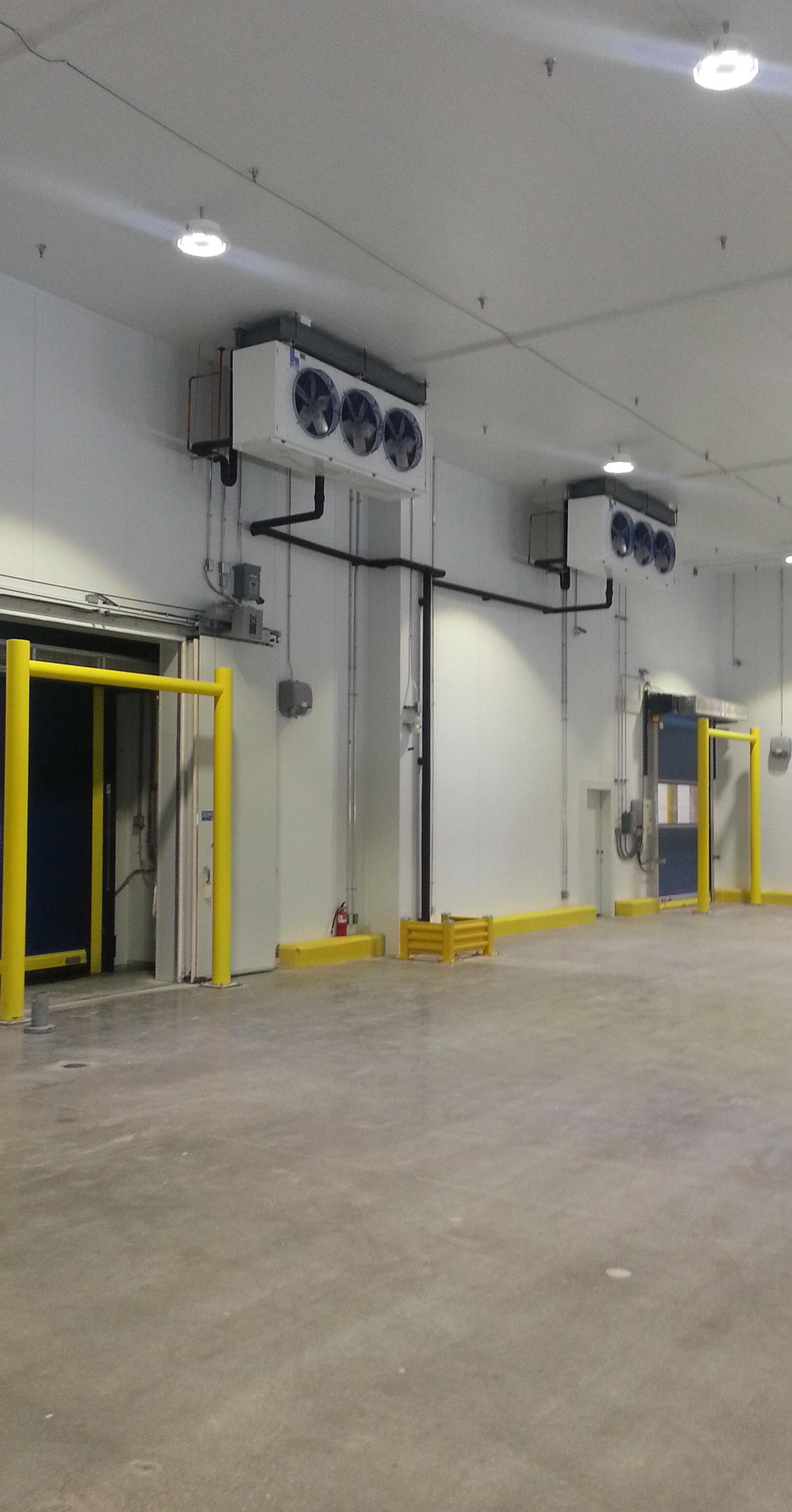
When asked what enriches his life professionally or personally, Jeff doesn’t miss a beat and celebrates his family and faith, two fundamental pillars in his life.
“First and foremost, for me, it's about my family. I've got four kids and I've been married for 13 years and they’re my why. They’re why I do what I do, it's all for them, and they bring so much joy to my life. Next is my faith –I’m a member of the Church of Jesus Christ of Latter-Day Saints. These two pillars form who I am and how I identify as a person.”
Jeff likes to read books in his spare time or listen to audiobooks on his commute.
“I love to read because it helps me to see things in a different light or extract valuable lessons,” says Jeff. “Reading gives you these lightbulb moments. I take great joy thinking how what I learn could apply at home, with my family, at work, wherever it may be.”
He recommends one of his most recent reads – Extreme Ownership: How U.S. Navy Seals Lead and Win by Jocko Willink and Leif Babin.

“They’re pretty intense in their approach to life, but there are truths and takeaways embedded into the book which readers can take and apply to their own lives which I think are incredibly useful,” says Jeff. “For instance, a couple of the big ideas that resonated with me are how we can reconceptualise challenges as opportunities and how we have more control over situations than we think.
“Another book I’d like to recommend that I finished recently is called The Psychology of Money: Timeless lessons on wealth, greed, and happiness by Morgan Housel. The author grapples with some important questions. How do you manage your time? What is most important for you? Is it being rich or is it something else? It’s a fascinating and eye-opening book which encourages reflection for the reader.”
Connect with Jeff